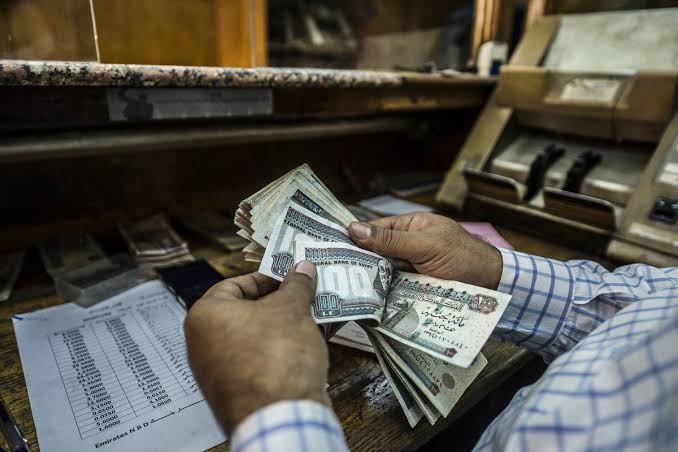On Tuesday, CAPMAS disclosed that Egypt’s annual urban consumer price inflation rate unexpectedly accelerated to 26.2 percent in August, surpassing the 25.7 percent recorded in July. This marked a significant shift in inflationary pressures. On a monthly basis, prices surged by 2.1 percent, a sharp increase compared to the 0.4 percent rise seen in July.
Food prices experienced a notable jump of 1.8 percent in August, reversing the 0.3 percent decline observed in the previous month. Compared to the same period last year, food prices were up by 29.0 percent, reflecting substantial inflation in this sector.
A survey of 19 analysts had forecasted that urban inflation for August would decrease to a median of 25.1 percent. However, Sara Saada from CI Capital was among the few who had predicted a rise in inflation. She noted that the increase in August was expected due to the impact of energy price hikes, particularly diesel, which were announced in the last week of July. Saada explained that these price increases have broad effects on the economy, influencing overall inflation levels.
Over the past month, various factors contributed to the rise in prices. These included higher costs for summer produce, a 10-15 percent increase in fuel prices towards the end of July, a 25-33 percent jump in metro fares at the beginning of August, and a 21-31 percent increase in electricity tariffs, some of which occurred in August.
Despite this recent price increase, inflation had been on a gradual decline since reaching a peak of 38.0 percent in September. This downward trend in inflation allowed the central bank’s real overnight borrowing rate to turn positive at 27.25 percent in July. This marked the first positive real rate since January 2022, reflecting an improvement in economic conditions.

